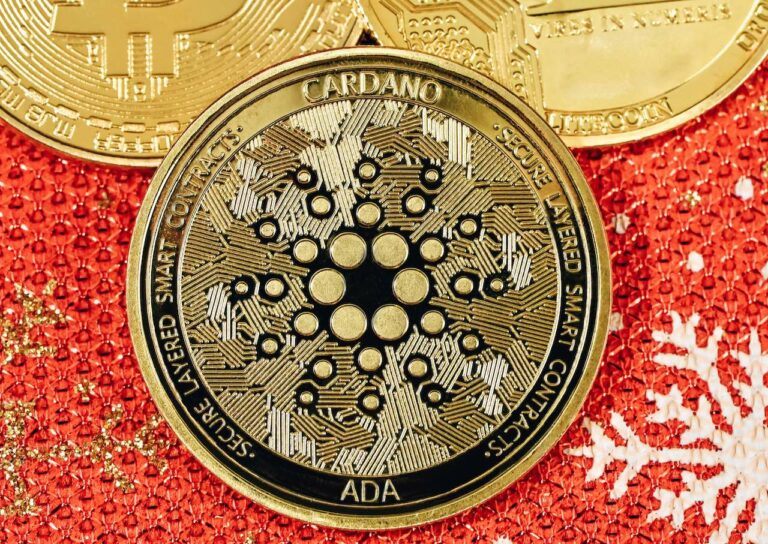Earlier today, Frederik Gregaard, CEO of the Cardano Foundation, outlined the upcoming governance structure for Cardano, marking a pivotal moment in the evolution of this blockchain platform.
The Cardano Foundation is a nonprofit organization based in Zug, Switzerland, that oversees and supervises the development of the Cardano blockchain ecosystem. Its primary roles include driving adoption, shaping legislation and commercial standards, growing the global Cardano community, ensuring stakeholder accountability, and facilitating partnerships. The Foundation is dedicated to protecting and promoting Cardano and to advocating on behalf of the users and community of the protocol.
Gregaard announced the development of an interim constitution that lays the groundwork for Cardano’s decentralized governance, emphasizing the community’s role in shaping the future of the ecosystem.
Gregaard detailed that this interim constitution is designed to encapsulate the core values of Cardano’s global community, serving as a guide through the initial phase of on-chain governance. He highlighted that transparency, openness, and responsible decision-making are the cornerstone principles of Cardano’s governance approach. According to Gregaard, the interim constitution guarantees that every ADA holder has a say in the ecosystem, ensuring that the governance structure is inclusive and representative of all stakeholders.
The CEO stressed the importance of inclusion in governance, mentioning that every ADA holder, developer, and community participant has rights, privileges, and responsibilities as outlined in the interim constitution. He emphasized the necessity of a fair voting system to uphold genuine ownership and participation in the governance process.
Gregaard also addressed the implementation of checks and balances within the governance system. He noted that delegates (DReps), stake pool operators (SPOs), and a constitutional committee will share power to reflect the collective will of the community, maintain consistency with the interim constitution, and safeguard the ecosystem’s integrity.
Gregaard explained that the interim constitution is a critical step that allows the Cardano community to test and refine the governance model before it is finalized. He underscored that the final constitution will be a product of community effort, with global workshops and a constitutional convention scheduled for late 2024. These gatherings will empower the community to actively participate and make informed decisions about the governance of Cardano.
Gregaard envisions the constitution as a “living document” that evolves alongside the Cardano community. He praised the blockchain’s model of governance and expressed enthusiasm about the upcoming governance workshops, promising that more details will be released in the months ahead. Through these initiatives, Gregaard and the Cardano Foundation aim to reinforce Cardano’s position as a leading example of strong blockchain governance within the industry.
Featured Image via Unsplash



